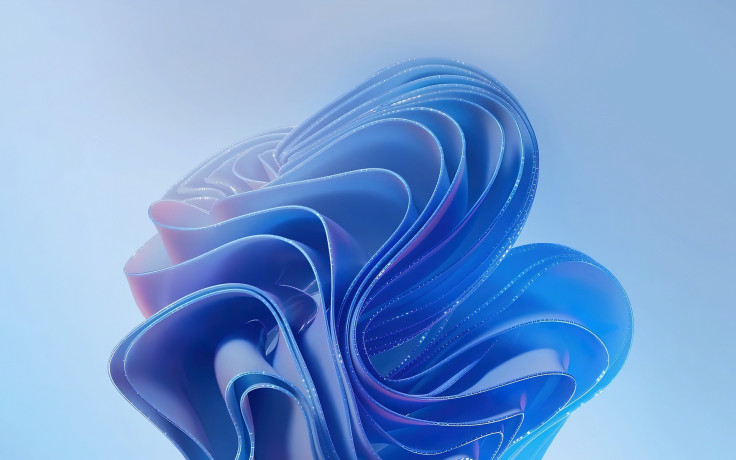Intel Hints At The Existence Of Windows 12, Possible Release Date
The word on the street is that Windows 12 will arrive in 2024, but Microsoft has neither confirmed nor denied this speculation yet.

Intel's CFO, David Zinser has teased that a major Windows refresh is set to arrive next year. This aligns with earlier reports that claimed the next version of Windows is planned for 2024.
There have been a lot of speculations surrounding the much-awaited Windows 11 successor lately. Also, the alleged Windows 12 OS has been subject to a lot of leaks. For instance, it was spotted in Build 2023 back in June.
Apparently, Microsoft hopes the Windows refresh will boost its revenues. Last month during Citi's analyst conference, Zinsner shed some light on Windows refresh. The top executive suggested that people might upgrade their PCs due to a new release of Windows.
Windows 12 will apparently be released next year pic.twitter.com/5fjErlRFw8
— Anthony (@TheGalox_) October 8, 2023
"We actually think 2024 is going to be a pretty good year for client, in particular because of the Windows refresh," Zinsner noted at the Citi analyst conference on September 6.
"We still think that the install base is pretty old, and does require a refresh. We think next year may be the start of that given the Windows catalyst," he added.
AI-powered Windows OS could be in the offing
Zinsner's earlier comments were spotted by the folks at PC Gamer. To recap, references to Windows 12 from Intel documents had previously surfaced online, suggesting the company is building its Meteor Lake desktop platform for a new generation of Windows, possibly called Windows 12.
Intel has already confirmed that the Meteor Lake mobile chips with a dedicated AI coprocessor inside are set to arrive in December. Meteor Lake is the company's maiden CPU with different chipsets for each component and the first on the company's Intel 4 process node.
With Microsoft sparing no effort to equip Windows with AI features, the addition of an AI coprocessor could play a vital role. Regretablly, Microsoft is still mum on its plan to launch Windows 12 anytime soon.
Intel teases Windows Refresh which may launch next year (2024) as Windows 12.#Microsoft #Windows #Windows12 pic.twitter.com/4OUaIvBW5K
— Abhishek Yadav (@yabhishekhd) October 7, 2023
In fact, a Microsoft employee recently denied the existence of Windows 12. Nevertheless, there are signs that imply the company wants to integrate AI-powered features into newer versions of Windows.
Microsoft's head of consumer marketing Yusuf Mehdi told The Verge: "As we start to develop future versions of Windows we'll think about other places where AI should play a natural role in terms of the experience."
Microsoft recently added its AI-powered Copilot to Windows 11. The company also focused heavily on AI during the recently concluded Surface event.
On top of that, the company added a dedicated NPU (neural processing unit) to its Surface Laptop Studio 2, claiming it will enhance various Windows Studio Effects like background noise removal and direct eye contact.
So, it looks like Microsoft is quietly paving the way for an AI-centric Windows.
© Copyright IBTimes 2024. All rights reserved.






